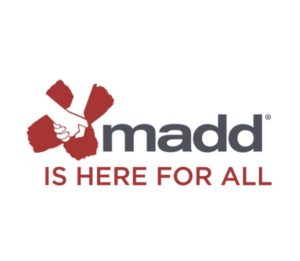30th Anniversary of Americans With Disabilities Act

Disability Pride has been defined as accepting and honoring each person’s uniqueness and seeing it as a natural and beautiful part of human diversity. It is a movement meant to dismantle disability stereotypes and misconceptions, using disability inclusive language within the workplace and learning the importance of workplace champions.
Want to know what you can do to help?
Use inclusive language – Words are powerful and choosing the right ones can seem daunting, especially as we interact with new people. How can we show kindness and respect, when we are not sure what to say? Appreciate the skills, talents, and abilities we all have by using language that brings out the best in everyone.
- Person-first language. Addressing the person first, rather than the disability, shows respect. Humanizing phrases emphasize the person even if the adjective of the disability is included. See me – not my disability.
- Refer to a person’s disability only when it is related to what you are talking about.
- Listen and choose the words that an individual prefers. Each person is unique.
- Good intentions. If you do not know what to say – ask. Do not be afraid to admit when you do not know something. Asking politely is better than assuming or potentially saying something that may be hurtful. Support open dialogue and use resources to learn and grow to include everyone. Examples include:
- Can you help me understand?
- I have a question.
- Would you like my help?
- Do you have any preferred terms?
- Words to avoid.
- Handicapped
- Differently-abled
- Unfortunate
- Special needs
Get involved
- Become an advocate in the workplace.
- Commit to making an effort to support others (take a sign language class, ask before you assist, don’t assume any limitations, don’t leave out those with disabilities.)
- Learn and grow through information Disability Observance Calendar.
- Support local inclusivity events such as Ms Wheelchair America and Ms Wheelchair USA (streamed live on July 18 via their Facebook page.)
- For more information, click here for the ADA National Network, which provides information, guidance, and training on the ADA.
Every year, more than 300,000 people are injured in drunk and drugged driving crashes. Many are left with life-long mental, emotional, and physical disabilities as a result. MADD provides free victims’ services to injured victims/survivors and their families. If you or someone you know has been injured in an impaired driving crash, contact us at [email protected] or call our 24/7 Victim Helpline at 1-877-MADD-HELP.
